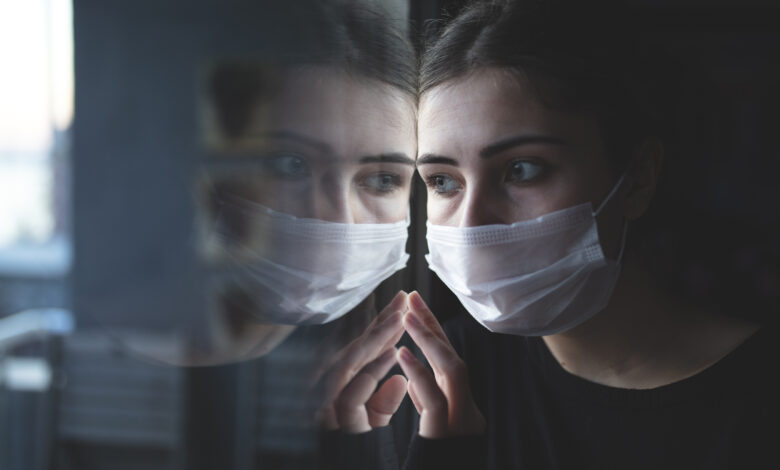People have had a hard time weighing pandemic risks because they haven’t
gotten information they needed when they needed it

The decision to pause and then restart the Johnson & Johnson vaccine underscores how hard it is even for experts to gauge health risks. It’s been still harder for everyday people, most of whom have no medical background and little experience analyzing risks and benefits.
People have experienced confusion about mask-wearing, physical distancing, travel, remote work, financial assistance measures and more. Now people are weighing uncertainty about vaccines. Further, some members of historically marginalized groups are skeptical of vaccine safety, as retired NFL star Marshawn Lynch detailed in a recent interview with Dr. Anthony Fauci, chief medical adviser to President Biden.
We are informatics and regulation researchers who study intersections among information, policy and human behavior. We have recently studied the intensive “risk work” individuals are doing amid the COVID-19 pandemic. Our research, which is scheduled to be published next month, provides insight into how people in the U.S. perceive pandemic-related risks and how they draw on information to assess and manage them.
Worry beyond COVID-19
To understand people’s perceptions of risk, we conducted interviews that allowed people to explain their beliefs and experiences in detail. We recruited this sample using nationwide group email lists and social media. Based on an initial short intake form, we selected participants to create a sample that was diverse in terms of age, geographic location and self-reported difficulties that people were facing during the pandemic. We conducted interviews with 40 people, and we paid them for their time.
Join 130,000 people who subscribe to free evidence-based news.
These interviews revealed that people conceive of COVID-19 risks as more diverse and complex than popular narratives about managing “health versus the economy” suggest.
Though illness and economic risks were dominant concerns of our interviewees, people also spoke about risks from secondary illness, threats to social and behavioral well-being and the erosion of key institutions.
Risk of COVID-19 illness included apprehension about the prospect of being unwell, suffering with a severe disease and dying. Participants worried about becoming severely sick with COVID-19, but they differed in their perceptions of who was more likely to become gravely ill. There was general agreement that elderly people and people who had underlying medical conditions were at higher risk.
Wanting to know which groups were especially “at risk” was very important for many people we interviewed. They talked about dangers of illness for “society,” “everyone,” “elderly people,” and “people in a certain socioeconomic group.” They also discussed risks to themselves or their close social contacts, such as references to “my dad who is elderly and sick” and “my son-in-law who is a deputy sheriff and encounters homeless people with COVID symptoms.”





